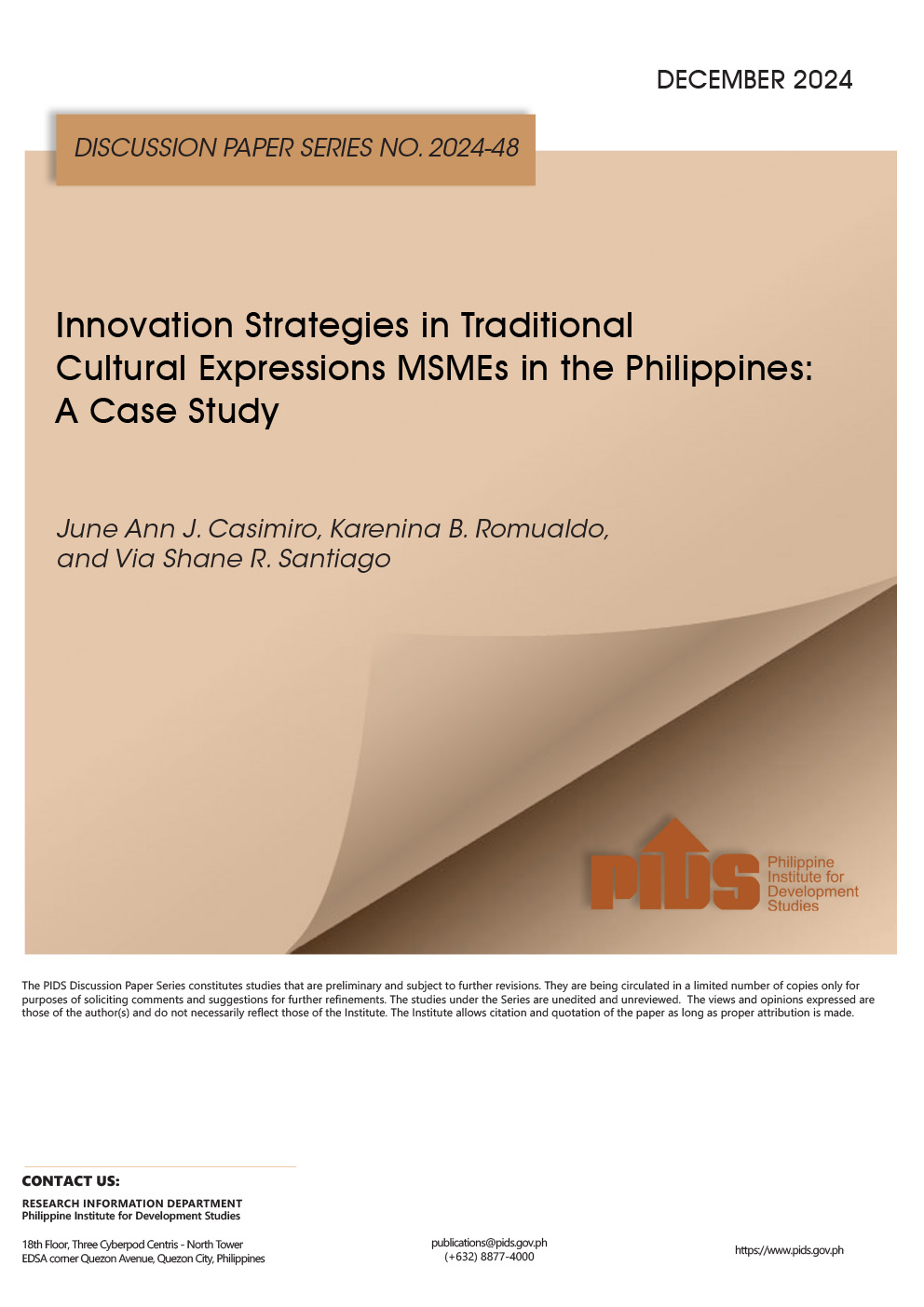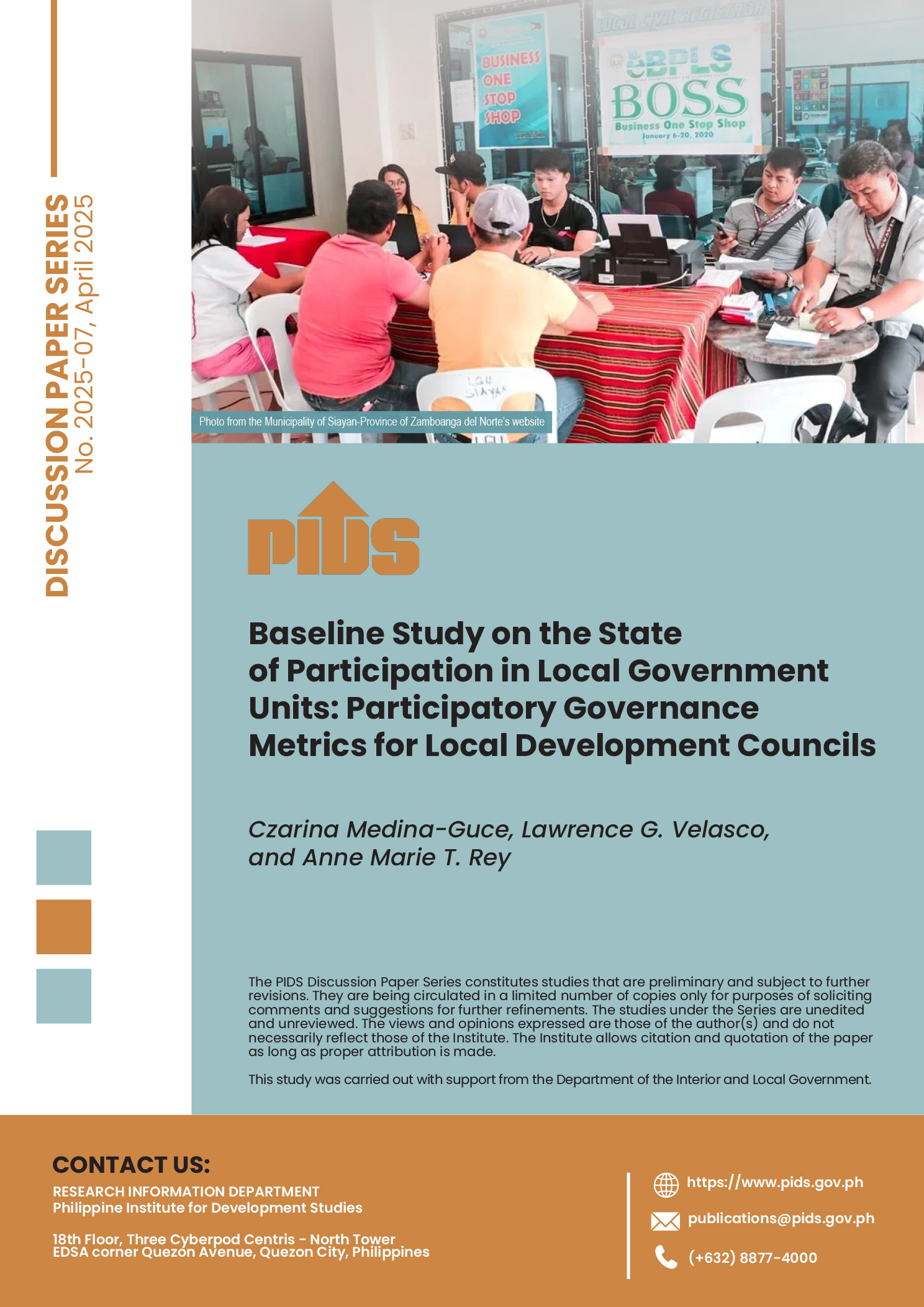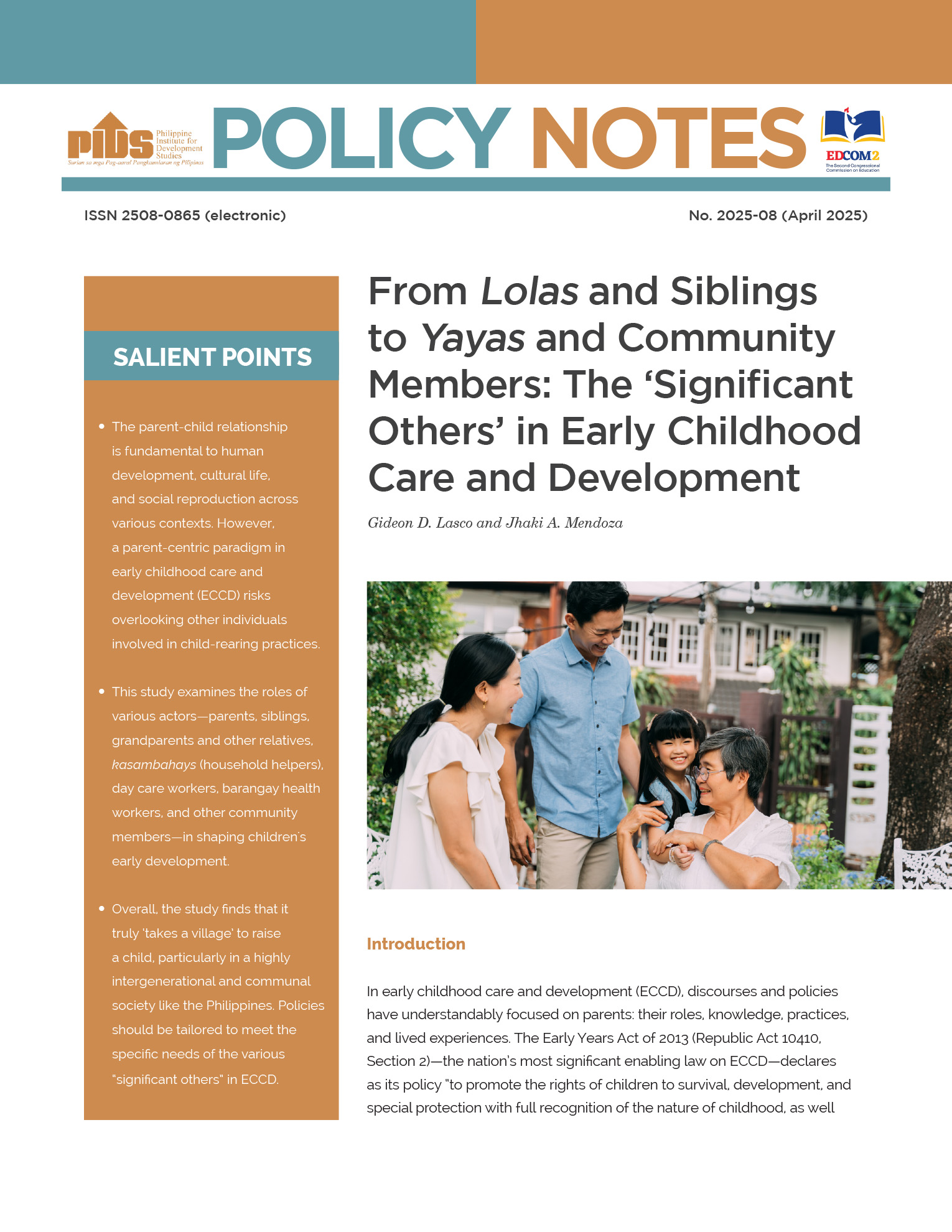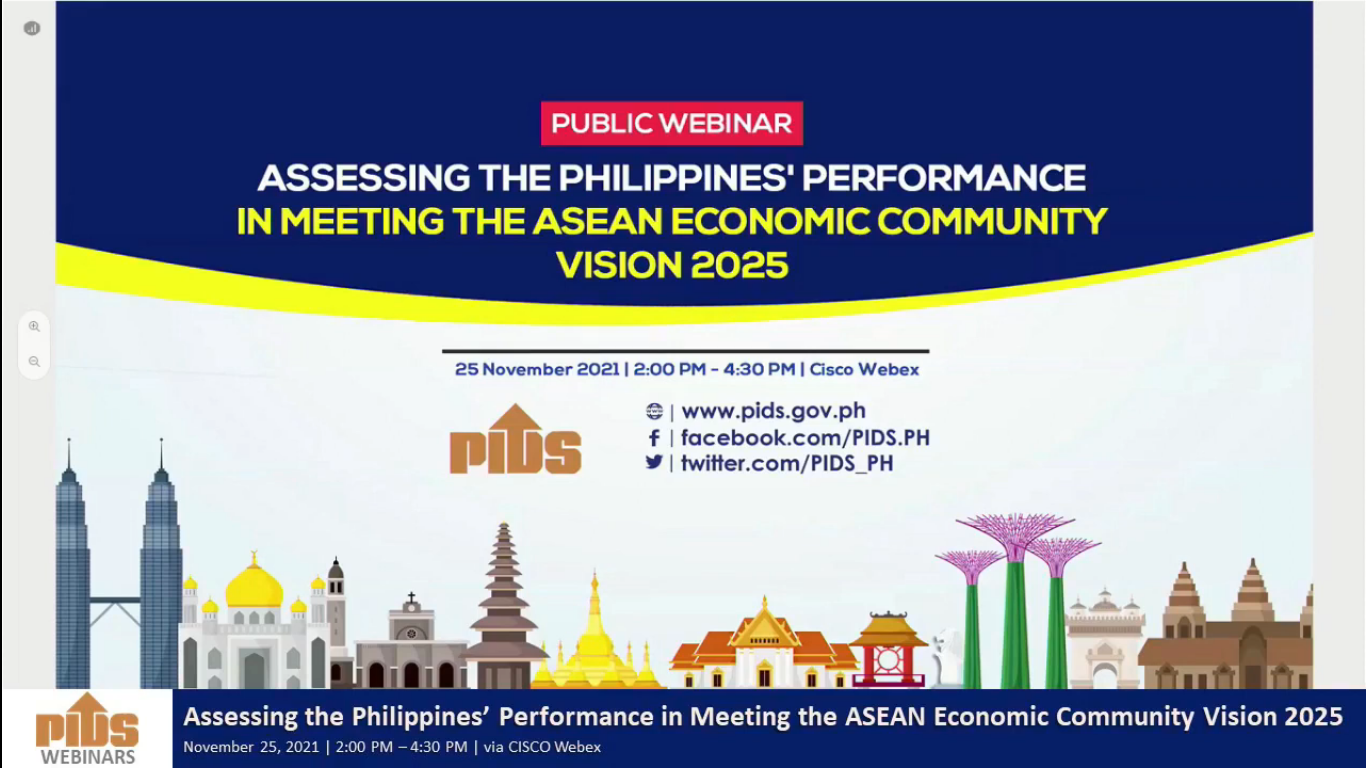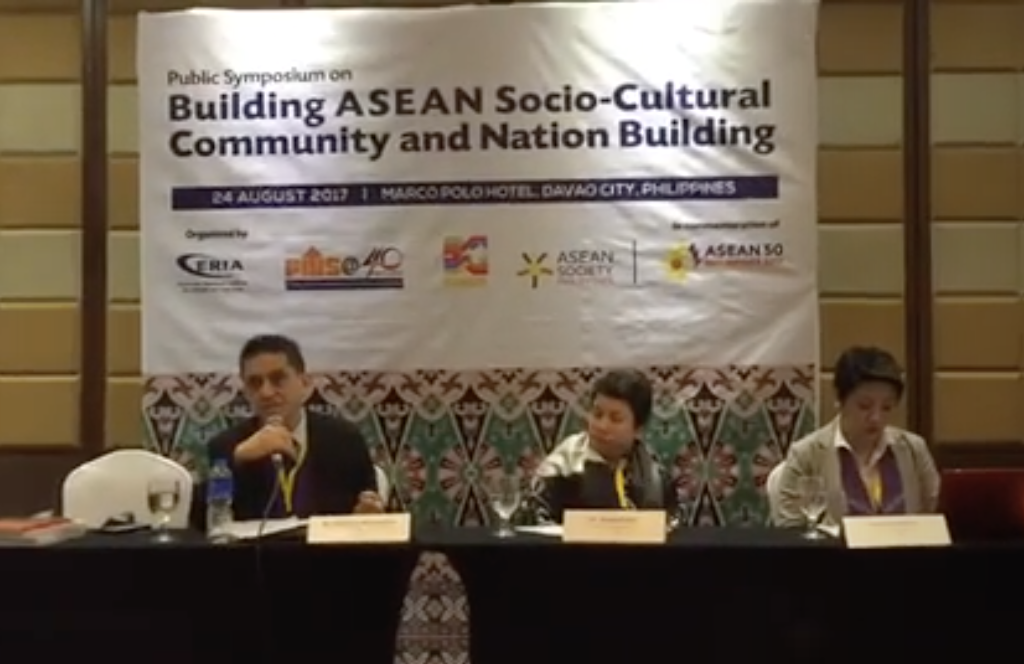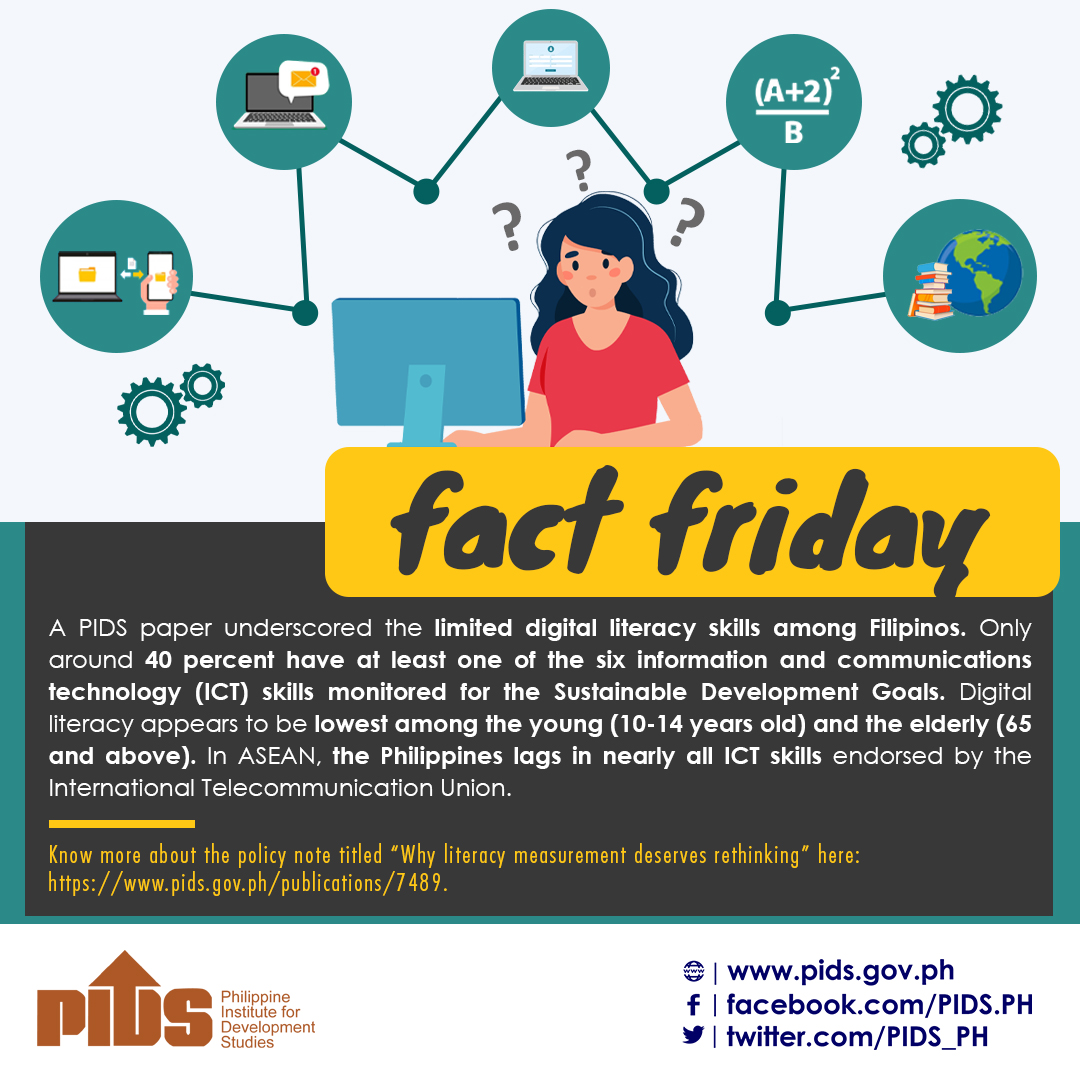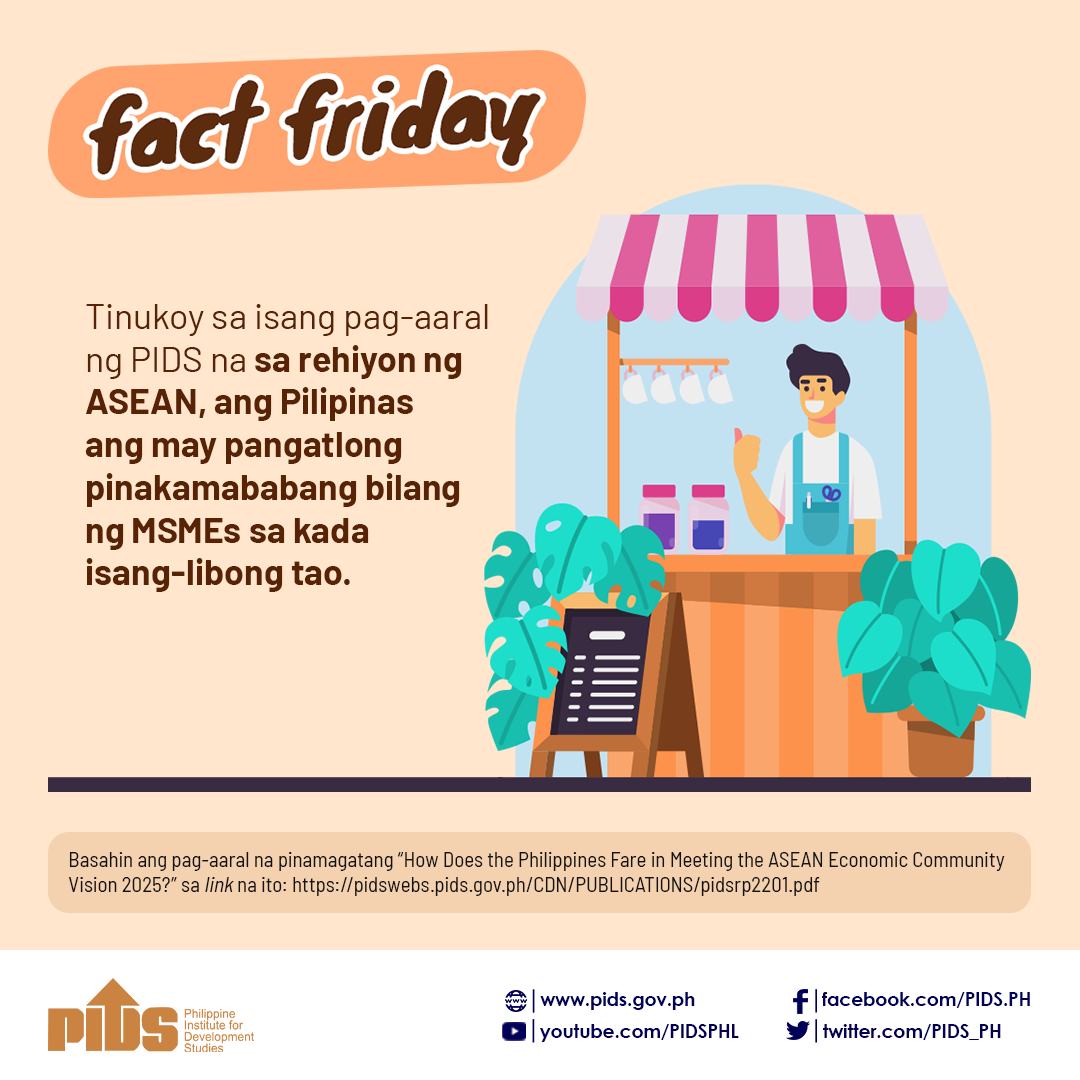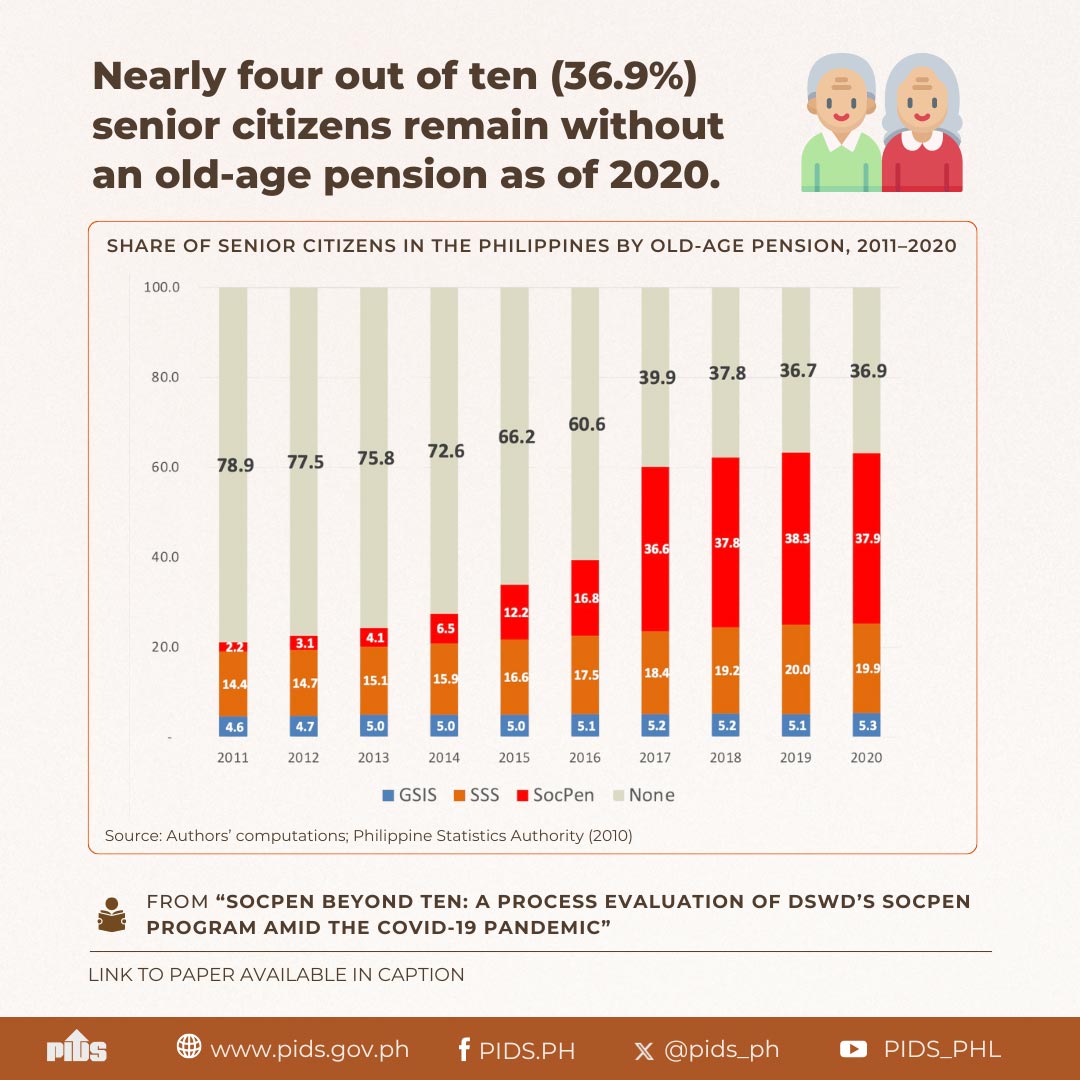WHILE all Filipinos are generally concerned about their family, health, and well-being, those who belong to the low-income group are most worried during the community quarantine (CQ), based on a nationwide study by a leading healthcare provider.
The PhilCare CQ Wellness Study found that respondents earning P10,000 to P20,000 per month rated themselves as “very worried” while in quarantine.
The study asked 800 respondents nationwide to rate their level of worry using a five-point scale where one is “very worried” and five is “not very worried.” Respondents in the low-income category scored 1.39.
The study’s categorization followed the Philippine Institute for Development Studies income classification: Those who earn less than Php10,000 monthly fall under the “poor” cluster, those earning P10,000 to 20,000 monthly belong to the “low-income” cluster, while those with a monthly income range of P20,000 to P30,000 belong to the “lower-middle-income.”
Almost half of those who took part in the PhilCare CQ Wellness Study (48%) came from the “low-income” cluster, while three out of ten (34%) came from the “lower-middle-income” cluster, and only two out of ten (18%) from the “poor” cluster were surveyed.
As the “low-income” cluster was found to be the most worried, almost all respondents from this group said they are worried about the health of their loved ones (96%), the possibility of a “second wave” of Covid-19 cases (96%), and contracting the virus itself (95%).
Topping Pinoys’ worries is regarding their loved ones’ health, with a score of 1.26. This is followed by their worry about the possibility of a “second wave” (1.29), getting Covid-19 (1.30), the increasing number of cases (1.38), getting sick from diseases other than Covid-19 (1.38), their family’s finances or budget (1.59), and being prepared if they get Covid-19 (1.60).
Meanwhile, food (1.68) and medicines (1.76) are at the bottom of the list of things that Filipinos are “very worried” about.
PhilCare President and Chief Executive Officer Jaeger Tanco said this study could be a guide for employers and policymakers in addressing their respective stakeholders’ healthcare needs, especially during this crisis.
The PhilCare CQ Wellness Study found that respondents earning P10,000 to P20,000 per month rated themselves as “very worried” while in quarantine.
The study asked 800 respondents nationwide to rate their level of worry using a five-point scale where one is “very worried” and five is “not very worried.” Respondents in the low-income category scored 1.39.
The study’s categorization followed the Philippine Institute for Development Studies income classification: Those who earn less than Php10,000 monthly fall under the “poor” cluster, those earning P10,000 to 20,000 monthly belong to the “low-income” cluster, while those with a monthly income range of P20,000 to P30,000 belong to the “lower-middle-income.”
Almost half of those who took part in the PhilCare CQ Wellness Study (48%) came from the “low-income” cluster, while three out of ten (34%) came from the “lower-middle-income” cluster, and only two out of ten (18%) from the “poor” cluster were surveyed.
As the “low-income” cluster was found to be the most worried, almost all respondents from this group said they are worried about the health of their loved ones (96%), the possibility of a “second wave” of Covid-19 cases (96%), and contracting the virus itself (95%).
Topping Pinoys’ worries is regarding their loved ones’ health, with a score of 1.26. This is followed by their worry about the possibility of a “second wave” (1.29), getting Covid-19 (1.30), the increasing number of cases (1.38), getting sick from diseases other than Covid-19 (1.38), their family’s finances or budget (1.59), and being prepared if they get Covid-19 (1.60).
Meanwhile, food (1.68) and medicines (1.76) are at the bottom of the list of things that Filipinos are “very worried” about.
PhilCare President and Chief Executive Officer Jaeger Tanco said this study could be a guide for employers and policymakers in addressing their respective stakeholders’ healthcare needs, especially during this crisis.

